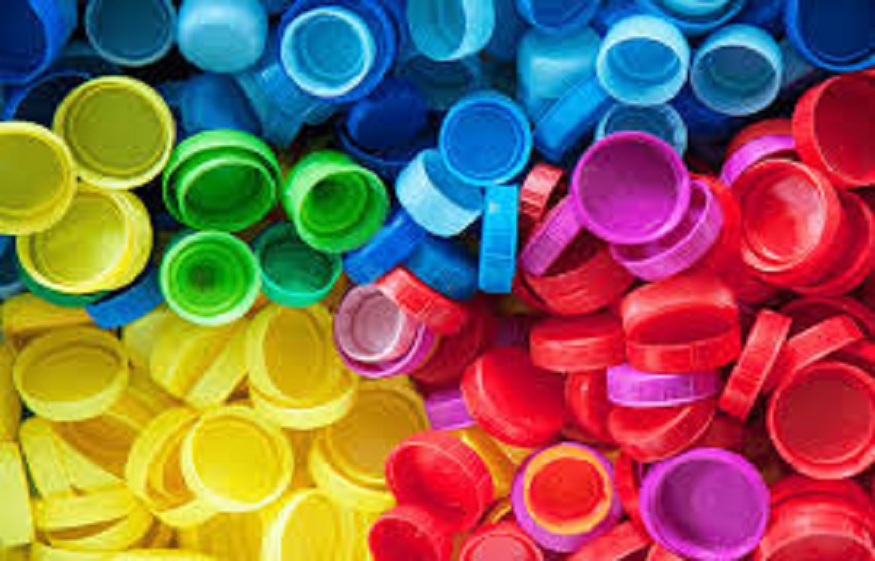Choosing the appropriate material for plastic injection molding is crucial in determining both the durability and functionality of your final product. Various plastics offer distinct benefits and trade-offs, making it essential to evaluate their properties to ensure they align with the demands of your specific application. Whether manufacturing food containers, medical instruments, automotive parts, or industrial components, the material selection significantly affects the product’s resilience against temperature fluctuations, chemical exposure, and other environmental conditions.
The type of plastic used in plastic injection molding influences key attributes such as strength, flexibility, and transparency. For example, ABS is valued for its toughness and rigidity, whereas polypropylene stands out for its flexibility and thermal resistance. Each material provides unique advantages that must be weighed to match the precise needs of your project.
This guide examines the strengths and weaknesses of commonly used plastics, including Nylon’s impressive heat resistance and PET’s recyclability and clarity. Gaining a deep understanding of these materials will empower you to make strategic choices that enhance both production efficiency and cost-effectiveness.


